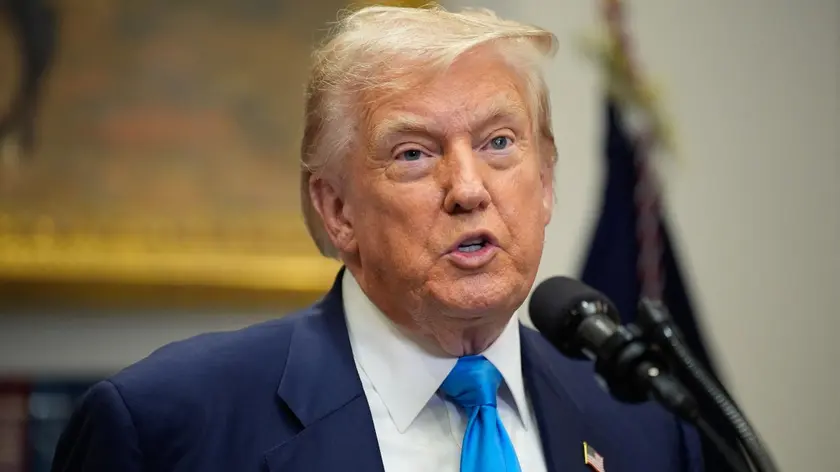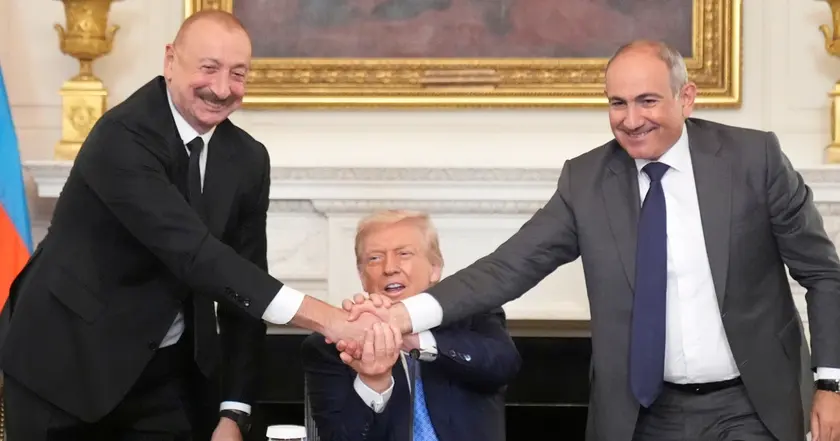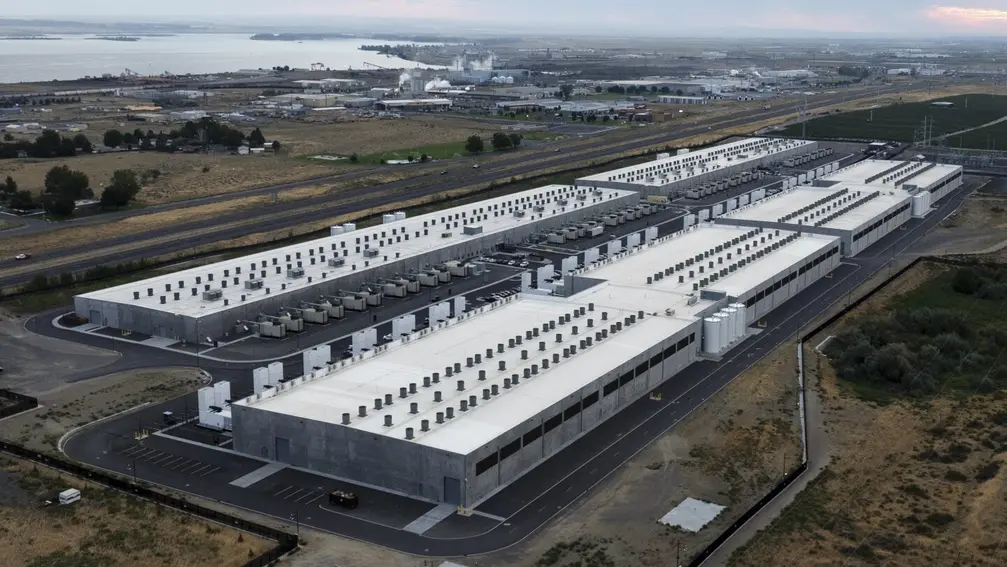T4K3.news
Investment risk in cross border tech
Policy shifts in China or the US could affect cross border tech deals and returns.

An editorial look at Lip-Bu Tan and Walden International and three decades of China investments.
What to Know About Intel CEO Lip-Bu Tan and His Business Dealings in China
Lip-Bu Tan built Walden International, a San Francisco based venture firm, and directed more than 5 billion dollars into over 600 companies. More than 100 of those investments targeted China, including a decade and a half on the board of Semiconductor Manufacturing International Corp., now the country’s largest chipmaker.
The scale of these bets shows how long term capital shaped cross border tech ties, but the moves also invite questions about political risk and regulatory shifts in both countries.
Key Takeaways
"Lip-Bu Tan built Walden International into a global conduit for Chinese tech startups"
describes his role and impact
"Investing in China requires patience not quick wins"
editorial insight on risk and reward
"Cross border tech ties hinge on policy as much as profits"
note on policy significance
"Three decades of deals show how capital travels with risk and restraint"
summarizes the historical arc
Tan’s career shows how venture capital can span nations, linking startups with established players and supply chains. His China investments, including a long board tenure at SMIC, reflect how policy, local partnerships, and capital flows shaped the Chinese chip sector and its global links.
Yet this history raises questions about risk and accountability. Policy shifts in Beijing and Washington could alter returns and affect the people who rely on these deals. The piece invites readers to weigh the value of long term cross border collaboration against potential costs to public money, national security, and investor confidence.
Highlights
- The China bet was a long game not a quick win
- Patience is currency in cross border tech bets
- Cross border tech ties hinge on policy as much as profits
- Three decades of deals show capital travels with risk and restraint
political and regulatory risk in cross border investments
The article highlights potential political backlash, regulatory shifts in China and the US, and investor concerns about long term cross border bets.
The future will test whether long term bets can weather political winds.
Enjoyed this? Let your friends know!
Related News

Intel chief resignation demand

Spread of antibiotic-resistant bacteria poses threat to UK

Peace deal signed at White House

UK and France migrant returns deal starts soon

Adriana Gallardo builds $300 million insurance empire

Putin's ceasefire demands test Western unity

States push higher power charges for data centers

Crypto market cap nears $4 trillion
